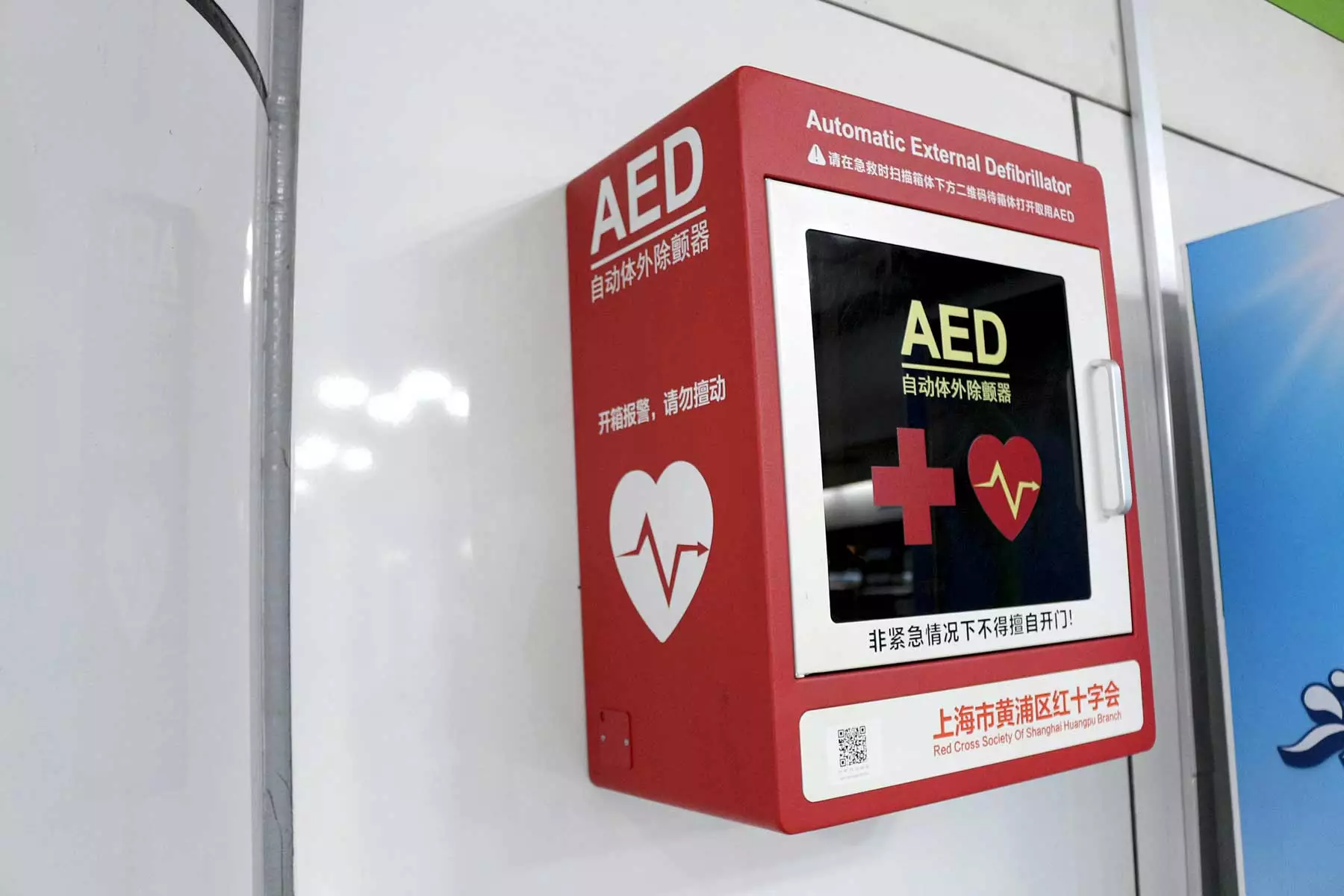Good Samaritans are people who help others, especially in an emergency. The term comes from the parable of the Good Samaritan in the Bible. Today, we use the phrase to refer to someone who, for example, stops to assist people after a car accident or who tries to offer aid after a disaster or emergency.
While good Samaritans can save lives, when they are negligent or careless they can cause further injury and even fatalities. In some cases, bystanders may even act with ill intent. When this happens, injured people may have a claim against these parties.
Table of Contents
ToggleWhat Are Good Samaritan Laws?
The District of Columbia and all 50 states have good Samaritan laws to protect individuals who stop to offer medical and emergency assistance to those who have been injured in a disaster, accident, or another serious incident. These laws offer a defense to these Good Samaritans, protecting them from civil liability.
If you have been injured by someone who offered assistance at the scene, however, these same laws could impact your pursuit of a fair settlement for your injuries, property damage, medical bills, and other losses. Understanding the law is important to help your claim. While the laws protect some people from civil liability, there are important exceptions which still allow you to seek compensation after an injury in some cases.
Why Are They in Place?
When someone stops to offer assistance, the outcome may not be what an injured person might hope for. A person who attempts to use a defibrillator in an airport, for example, may not be able to save a person’s life. Someone who tries to get a person out of a burning car after a car collision may cause additional spinal cord damage. A person giving CPR to a person who has stopped breathing after choking in a restaurant may break the unconscious person’s ribs or cause additional injuries.
Good Samaritan laws protect individuals who offer assistance in good faith, protecting them in the event of a lawsuit. If a person stops to render aid and the assistance doesn’t prevent injury or death or even if a person accidentally causes property damage or further injury while genuinely trying to help, a Good Samaritan law may provide a defense in case of a lawsuit. However, it is not a defense in all cases.
Good Samaritan laws are intended to ensure individuals feel safe offering help in an emergency. The challenge is that if a person is in an emergency and a bystander offers assistance without knowing how to help or without due care, further injuries can occur. In these instances, the injured person may still have a legal claim against the bystander.
When Do They Come Into Play?
Good Samaritan laws apply in cases where a person genuinely tries to help someone in an emergency. They can apply when someone tries to help in the event of a car accident, drowning, choking, dog attacks, assault, slip and fall accidents, natural disaster, and any other situation where a person is seriously injured. They can apply if an individual is offering assistance by performing CPR, using a defibrillator, attempting the Heimlich maneuver, working to pull someone out of danger, or trying any other form of help.
Good Samaritan laws are also used as a defense in cases of overdoses. In some situations involving the use of narcotics, those nearest an overdose victim may worry about being implicated in illegal activity or may have even consumed some of the drugs themselves. In these instances, good Samaritan laws are meant to ensure victims get help in time.
The trouble is that some bystanders who intervene to help can cause catastrophic damage. Someone who tries to use a defibrillator available in a public spot without proper guidance may cause broken bones or may cause a fatality. Good Samaritans can especially cause injuries if they fail to call 911 in an emergency and fail to follow emergency instructions. When they attempt to help based on their own understanding of a situation and cause more harm than good, an injured person may still have a claim, even with Good Samaritan laws in place.
Does Texas Have a Good Samaritan Law?
In Texas, section 74.151 of the Texas Civil Practice and Remedies Code is the Good Samaritan law. According to the Texas good Samaritan law definition, “A person who in good faith administers emergency care is not liable in civil damages for an act performed during the emergency unless the act is wilfully or wantonly negligent.” The law specifically shields individuals who use automated external defibrillators to deliver electric shocks to those who may be having a heart attack. It also specifically protects volunteer emergency responders and individuals with no medical training.
The Texas Good Samaritan law covers both individuals and first aid responders acting as volunteers, but there are a few exceptions which recognize that Good Samaritans may sometimes cause irreparable harm. Individuals who caused the emergency or injury, and those who were at the scene as an agent to solicit healthcare business are not covered. Someone who causes a boating accident through their reckless behavior, for example, and then stops to offer assistance to those who are injured cannot use the law as a defense and can still be held liable.
The law also does not shield anyone who performs emergency aid expecting remuneration. Emergency responders who arrive at the scene and render aid as part of their job duties are not covered by the Good Samaritan law. However, those same emergency responders who are off duty and rush to help someone who is injured in an accident or disaster can use the law as a defense.
Finally, the law does not offer protection to anyone who acts in a willfully negligent way or anyone who does not offer help in good faith. If you have been injured by a bystander, this is a crucial distinction. If you can prove that a bystander intentionally harmed you, was reckless in offering aid, or did not genuinely intend to assist you, the bystander may still be found liable.
Often, the details of an emergency will determine whether you have a claim. If a bystander or Good Samaritan made remarks about your injuries, failed to seek help from more qualified bystanders to help you, failed to call 911 to get trained emergency responders on the scene, or used excessive force when performing CPR or other process, you may have a claim against the Good Samaritan. If you were injured due to the negligent actions of paramedics, firefighters, police officers, and other emergency responders who arrived at the scene as part of their work duties, you may have a claim but there are many factors for your personal injury lawyers in Houston Texas attorney to evaluate.
How Can Johnson Garcia Help?
Being in an emergency situation such as a car accident is difficult enough. It can be even more disturbing to know you have been injured because someone at the scene was negligent. If you file a claim against someone who has harmed you, the defendant may try to use the Good Samaritan law as a defense. In these cases, it is important to have an experienced attorney who can present evidence that the law does not apply.
Johnson Garcia can consult with you to find liable parties in your case and to help you pursue a fair claim so you can start rebuilding your life after a devastating injury. Often, after a terrible injury you may not know whether you have a claim against emergency responders or others at the scene. Johnson Garcia can address these questions and discuss your options for next steps.
Our legal team deals with the defendant’s claims and builds a strong case for you because our goal is to pursue the settlement you deserve so you can pay for medical costs, lost income, and more. To find out more about what our team can do for you, contact Johnson Garcia for a consultation today.


